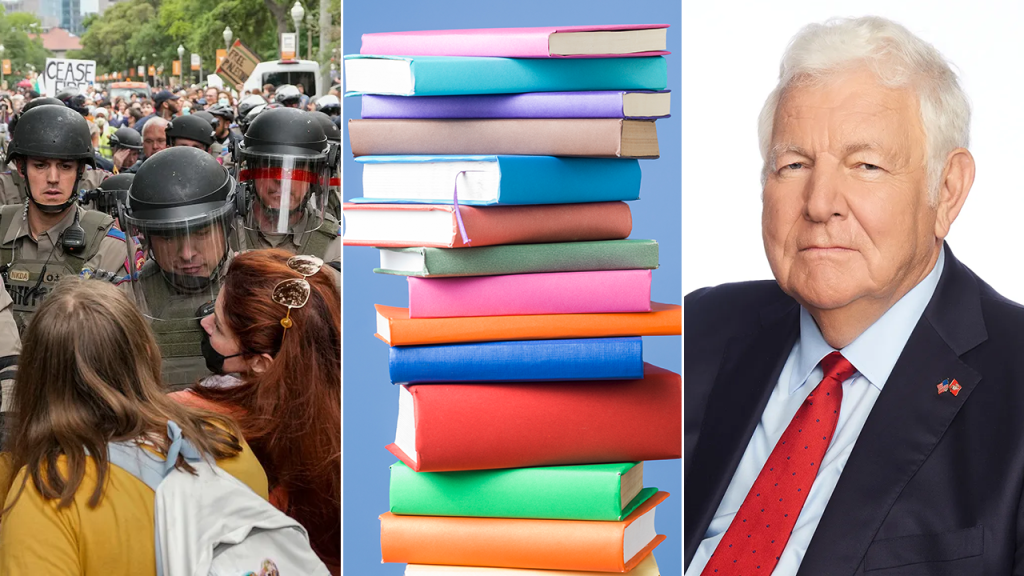Today’s universities are facing a crisis in terms of campus protests that reveals a significant neglect of the primary function of higher education. The essence of higher education, which involves the nurturance, protection, and teaching of virtues such as courage, compassion, work ethic, and friendship, seems to have been forgotten. The study of humanities, history, philosophy, and literature is essential in developing respect for democratic processes, the rule of law, and societal institutions. The failure to teach these values is becoming evident in the current campus protests, highlighting the importance of teaching and upholding the foundations of civilization.
The situation at universities raises concerns about the demystification of Ivy League institutions that were once highly esteemed and sought after by many families. Administrators and faculty members have been criticized for their failure to address the protests and sometimes even supporting the actions of students and outside agitators. Classes have been canceled, students have faced disruptions in academic activities, and the presence of external influences in the protests raises questions about the true motivations behind the movements. The prevalence of anti-Israel protests on campuses has also drawn attention to the need to understand and address these issues within the educational system.
The implications of the current crisis in higher education extend beyond the immediate protests on campuses. The decline in enrollment numbers and potential implications for trustee retreats and alumni gatherings suggest a significant shift in perception towards colleges and universities. The freezing of federal funding to institutions under investigation and concerns about the lack of teaching on civilization’s fragility underscore the need for reevaluating the purpose and effectiveness of higher education. The fragility of civilization and the potential for its loss should be a key focus in education.
The fallout from the current unrest on college campuses may lead many parents and students to reconsider traditional paths to prosperity, such as pursuing higher education. The recognition that education can be obtained through alternative means, such as vocational training in areas like welding, signals a potential shift in attitudes towards the value of a college degree. The need to address issues of free speech and peaceful protests within the context of larger societal challenges, such as rising anti-Semitism, points to broader issues that are impacting the education system and society as a whole.
As students and families grapple with the changing landscape of higher education, the current crisis highlights the need for a reevaluation of the purpose and effectiveness of traditional educational models. The fragility of civilization and the importance of nurturing values through education are being called into question as campuses grapple with protests and disruptions. The potential repercussions for universities, including a decline in enrollment numbers and a loss of trust among alumni and donors, underscore the need for a comprehensive reassessment of the role of higher education in society. Addressing these challenges will require a concerted effort to uphold the foundations of civilization and instill essential values in the next generation of students.


